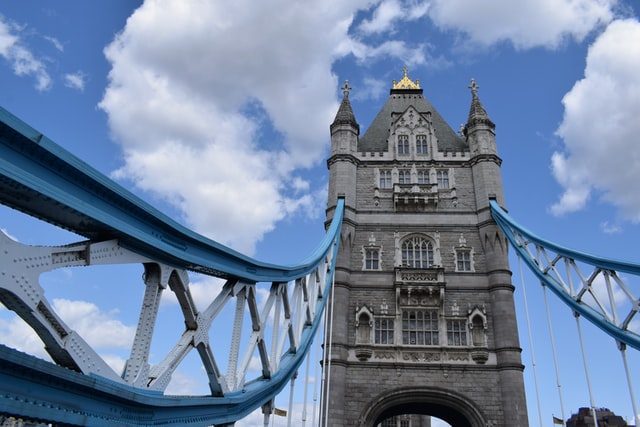Britain as a force for uber good?

Photo by Oliver Hale on Unsplash
/ BLIMEY BLIGHTY

“If liberty means anything at all, it means the right to tell people what they do not want to hear”
– George Orwell
I seem to remember Tony Blair popularising the use of the phrase “Britain as a force for good”. As prime minister, Mr Blair repeated it so often, the phrase became almost meaningless, just the usual twaddle of politicians and other snake oil salesmen.
It was hard to believe at the time, anyway. That was the moment Britain had joined George ‘Dubya’ Bush’s America in the false prospectus that Saddam had weapons of mass destruction.
The Iraq war, a cynical and terrible move that resulted in great loss of life, suffering and tragedy, didn’t show Britain as a force for good so much as bad.
Fast forward to 2021.
Uber, the ride-hailing business, was dealt a significant blow by the UK Supreme Court. It was ordered to treat all 70,000 of the Uber drivers in Britain as “workers”. This means they would be entitled to a minimum wage, holiday pay and pension plans. It was a major defeat for Uber, of course, but also a remarkable win for gig workers. It was a move forward for the precariat, a victory for people everywhere who work – but without the rights they should have.
This is worth noting as Deliveroo aims for a multi-billion flotation in London, with some of its most trusted drivers supposed to be getting windfall payments of £10,000.
In a sense, the UK court’s decision on Uber could be read alongside the push elsewhere for greater labour rights. On March 29, we’ll find out what happens with Amazon warehouse workers’ attempt to unionize in Bessemer, Alabama. If successful, it would be the first in Amazon, United States.
Perhaps Britain can, with some justification, at least call itself a force for uber (as in great) good.

